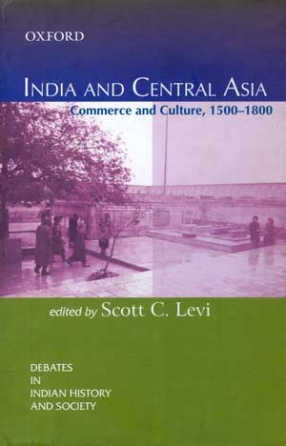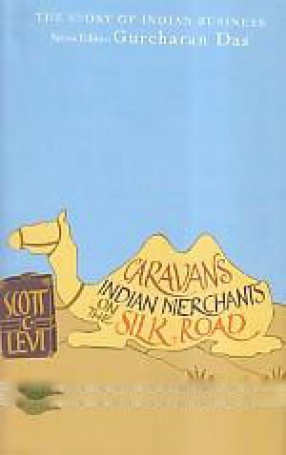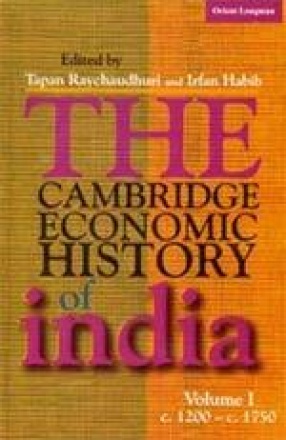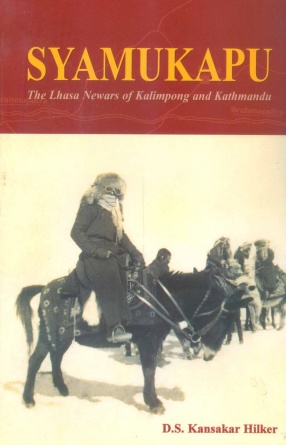India and Central Asia: Commerce and Culture, 1500-1800
Most scholarly works and textbooks characterize the medieval Indo-Central Asian relationship as more or less unidirectional and violent, defined by successive waves of aggressive Turko-Afghan Islamic invasions of a passive Hindu India. They also tend to overlook the peaceful exchange of people, ideas, and material goods. Departing from the traditional scholarship, this reader, the eighth in the debates in Indian history and society series, provides new insights into India-Central Asia relations between the sixteenth and nineteenth centuries.
Did India's relationship with Central Asia grow during the period under consideration or falter? Were cultural or commercial connections more significant? India and Central Asia raises some important questions. In an incisive introduction, Scott C. Levi examines the key contours of various debates and the changing historiographical perspectives. He also investigates areas where new issues have emerged, and others that need further investigation.
The book is divided into two parts. The first section on commercial relations deals with Mughal-Uzbeg relations, trade patterns, commodity structure, merchant networks, and the Indian Diaspora. It conclusively questions the notion that Indo-Asian trade suffered a general decline. Highlighting active socio-religious connections, the second part discusses the Central Asian heritage of the Mughal rulers, Fargana's contacts with India, and the impact of Central Asian Sufism on Islam in India. It also explores Perso-Islamic cultural exchanges and cross-fertilization in the field of literature, painting, religion, and astronomy.
Including contributions from Muzaffar Alam, Stephen F. Dale, Claude Markovits, Jo-Ann Gross, Richard Foltz, and Jos Gommans among others this reader presents the most ambitious and influential studies on an emerging subject. It will be a significant read for students, scholars, and teachers of medieval Indian history, particularly for courses on Central Asia, the Mughals, and Sufism.
Get it now and save 10%
BECOME A MEMBER








Bibliographic information
Tags